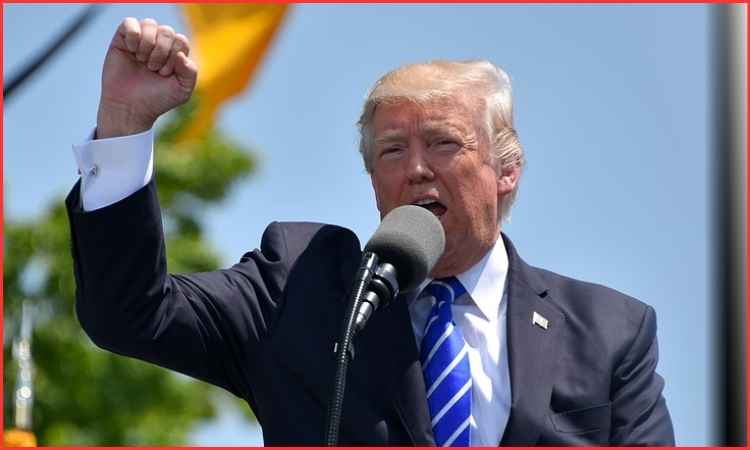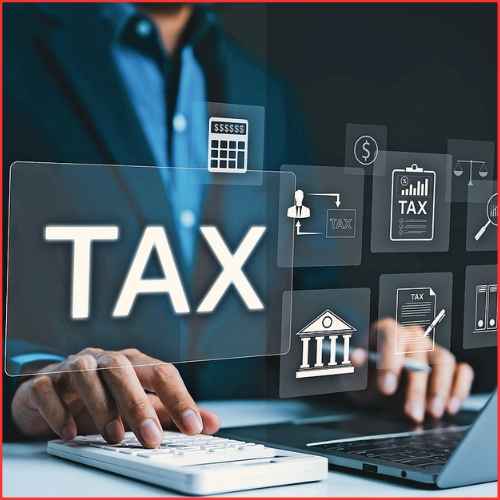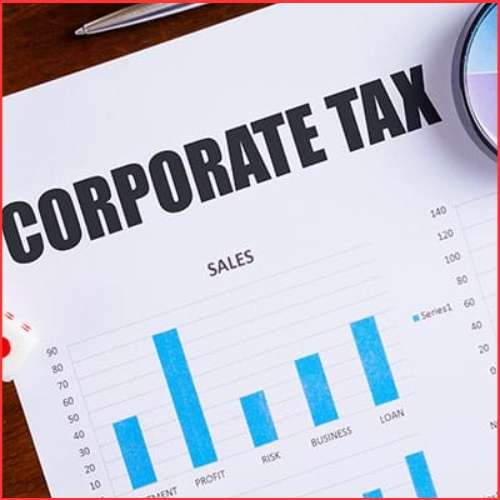
The pharmaceutical industry has become the latest focus of former President Donald Trump’s trade battle. He imposed heavy taxes on supplies and raw materials used in medicine manufacture, especially those imported from China, beginning at 25% on April 2. Trump claims that this action will increase tax income, reduce foreign dependence, and bring medicine production back to the United States.
Further, Trump asked about the huge percentage of pharmaceutical production that takes place in Europe for significant companies like Johnson & Johnson, Pfizer, and Eli Lilly. Main ingredients for popular medications as Zepbound and Keytruda are generally produced in Ireland, a country well-known for having low corporate tax rates. Trump is against American pharmaceutical firms registering their intellectual property in Ireland in order to avoid huge taxes.
India, China, and the Shortage of Antibiotics
Trump believes that the United States is now more dependent on China and India for generic medications, especially antibiotics. He is working to bring back home-based manufacturing because he thinks that dependence could put national security at risk.
“Other Countries Are Smarter”
Trump also criticized the differences in prices between the United States and other wealthy nations. The United States does not enforce price limits on pharmaceuticals like England and Germany do, which results in much higher costs for American customers.
Industry Issues a Warning About High Costs and Shortages
The government is being encouraged by pharmaceutical companies to impose taxes gradually. According to them, establishing new facilities in the US may cost up to $2 billion and may take five to ten years. Many say that sudden tariffs could result in medicine shortages, especially among affordable generics, and reduce financing for new medical development, ignoring the fact that certain businesses, including Novo Nordisk and Eli Lilly, have recently announced plans to expand their U.S. operations.
What Comes Next?
In a larger executive order, Trump has included pharmaceuticals under an investigation into whether importing drugs from abroad creates a threat to American national security. Up to 270 days have been granted to the Commerce Department for completing its review. Though his changing position on tariffs has left the duration unknown, Trump said that other announcements will be made soon.
Trump’s force to bring drug manufacturing back to the U.S. could transform the pharmaceutical industry outlook. But critics warn that sudden changes may cause more troubles like risking shortages, price hikes, and slowing innovation.















